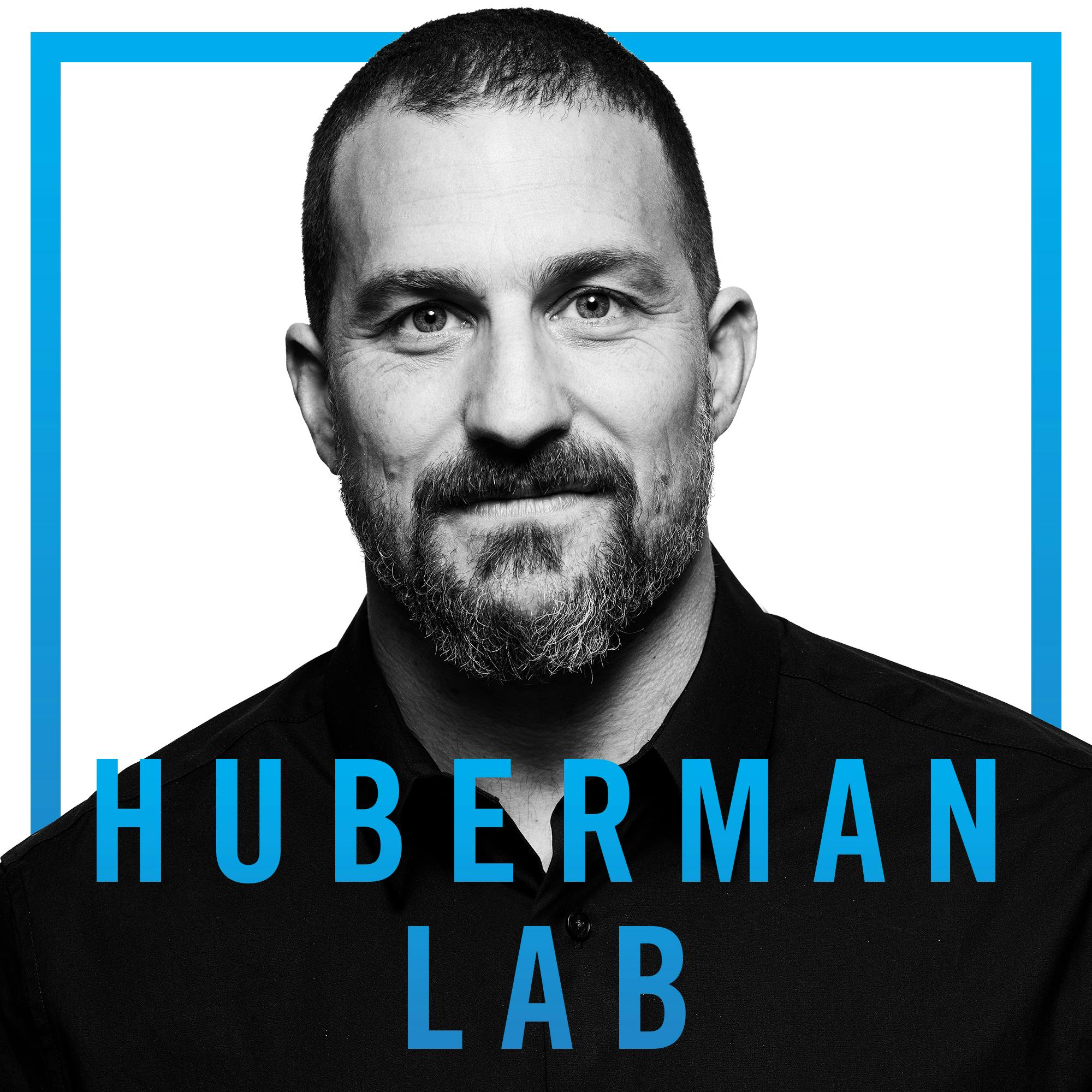
Deep Dive
Shownotes Transcript
Welcome to the Huberman Lab Podcast, where we discuss science and science-based tools for everyday life. Welcome. I'm Andrew Huberman, and I'm a professor of neurobiology and ophthalmology at Stanford School of Medicine. That's what I do for my day job, but over the last few years, I've become very active in teaching neuroscience and neuroscience-related themes on social media.
And I've also been fortunate enough to be hosted as a guest on various people's podcasts to discuss neuroscience and neuroscience-related tools. So through those discussions and your feedback, I've decided to launch a podcast where we dive really deep into scientific topics and the tools related to those topics. Now, the format of this podcast is going to be a little bit different than many podcasts out there. Most podcasts jump from topic to topic each episode or change guests each episode.
On the Huberman Lab podcast, we're going to dive deep into individual topics for an entire month at a time.
So for instance, we might take an entire month and go really deep into the topic of motivation and focus and talk all about the science underlying motivation and focus, what's known, what's not known, and then discuss the various tools as well as some of the barriers to motivation and focus that exist out there as a way for you to really understand how these processes work within you and within the people that you know, and some ways to possibly get better at things like motivation and focus.
Sometimes it's going to be just me talking to you. Other times it's going to be a guest here in the studio with me. And still other times we might hold guests remotely and have discussions with them over Zoom or some other distanced format. There's another thing that's unusual about this podcast, which is that you, if you choose, can be a very active participant.
By placing your suggestions about which topics to cover and which information you would like to learn more about in the comment section, we are going to pay careful attention to those comments and the number of likes that those comments receive. So the comment section is a place for you to give us constructive criticism, give us praise if you like, but most importantly, it's going to be a place for you to make suggestions about what you would like to hear more about. And we will respond to that.
So if you have suggestions for topics now, please put them in the comment section below. If you're coming to this a little bit later, please upvote or vote for the things that you want to hear more about. And obviously don't vote for the ones that you would like to hear less about. Those are the main features of this podcast. Every month, a different topic in depth, as well as the tools that relate to that topic.
I just briefly want to touch on what I mean by tools. Tools these days for enhancing one's nervous system or any aspect of their biology and psychology come in different forms. Some come in the form of behavioral tools. So things that you would want to do to get a particular result of say focus or enhancing sleep or learning and plasticity. Other tools are about not doing certain things to get better sleep or focus or plasticity, for instance.
Still other tools relate to things like nutrition or supplementation or prescription drugs or brain machine interface, devices that you use to monitor your nervous system in biology or to change your nervous system in biology. We're going to cover all of that as well as their various advantages and disadvantages. So again, please use the comment section as a place to make suggestions and we will pay attention to those and you really have an opportunity to actively shape the direction of the podcast.
There's one other thing that's unusual about this podcast, which is that I have a very large 90 pound bulldog mastiff named Costello, and he insists on snoring in the background while I'm recording. It seems to be his favorite thing. So from time to time, you may hear his snoring or other...
grunts and various bulldog-like things. He is an active participant in the Huberman Lab. He's a steady member of the podcast, so you can look forward to more Costello appearances in the future. Very last, but certainly not least, I very much appreciate your interest in science and science-related topics. Thanks so much for your time and attention, and I look forward to seeing you here again very soon.
